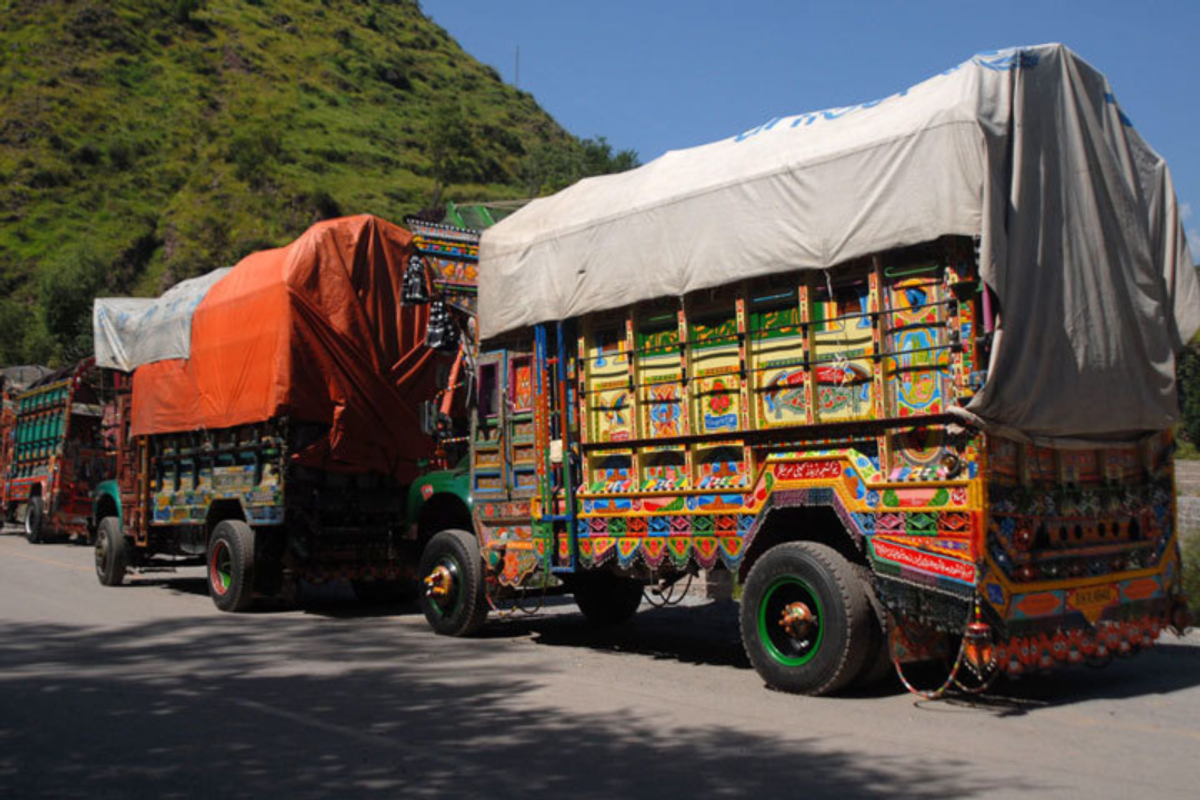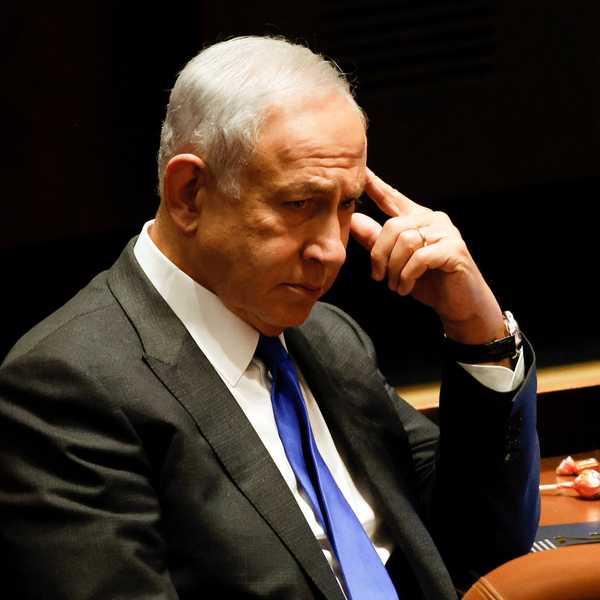Pakistan losing billions to illicit trade: report
Rampant smuggling, tax evasion, and informal markets undermine state revenues, distort competition, and expose deep governance gaps, warns PRIME report

Haris Zamir
Business Editor
Experience of almost 33 years where started the journey of financial journalism from Business Recorder in 1992. From 2006 onwards attached with Television Media worked at Sun Tv, Dawn Tv, Geo Tv and Dunya Tv. During the period also worked as a stringer for Bloomberg for seven years and Dow Jones for five years. Also wrote articles for several highly acclaimed periodicals like the Newsline, Pakistan Gulf Economist and Money Matters (The News publications)

AFP/File
Pakistan faces a revenue loss of $12 billion this fiscal year, almost double the amount of the entire International Monetary Fund (IMF) loan program, or nearly 30% compared with overall tax collection target fixed for the current fiscal year amounting to PKR 12.3 trillion. A lot of this can be attributed to illicit trade.
Industry estimates and research studies suggest billions of rupees are lost annually to unregulated and untaxed economic activity. The scale of the problem is underscored by Pakistan’s ranking of 101 out of 158 countries on the Illicit Trade Index 2025. The Pakistan Business Council estimates the informal economy to be worth $123 billion, with annual tax revenue losses reaching PKR 3.4 trillion.
Breakdowns of the losses reveal that smuggling alone contributes significantly: more than PKR 300 billion is lost from illicit tobacco trade, PKR 1 trillion from the misuse of the Afghanistan Transit Trade facility, and PKR 270 billion from oil smuggling.
Illicit trade — spanning smuggling, tax evasion, counterfeiting, and unauthorized manufacturing — undermines legitimate businesses, weakens government revenues, and endangers consumers, according to a report by the Pakistan Research Institute of Market Economy (PRIME). The problem is pervasive across several sectors, including petroleum, tobacco, tires, food, pharmaceuticals, and electronics.
The prevalence of informal trade distorts markets, penalizes compliant businesses, discourages investment, and limits job creation. The result is a significant loss in government revenue that could otherwise be allocated to public services.
Experts attribute the growth of illicit trade to a combination of policy distortions, weak enforcement, and incentives that favor informal transactions. High tax rates, inconsistent regulations, and protectionist trade policies often push businesses into the shadows. Porous borders, poor inter-agency coordination, and inadequate monitoring systems further enable such activities to thrive.
Recognizing the threat, the government in October formed a Joint Committee to address revenue leakages from smuggling and illicit manufacturing, particularly in the tobacco industry.
Still, Pakistan's position remains weak compared to its neighbors and emerging market peers. With a composite score of 44.5, it ranks below the global average of 49.9. In comparison, China ranks 40th, India 52nd, Sri Lanka 73rd, and Bangladesh 95th.
The 2025 Illicit Trade Index notes that countries with robust regulatory environments, efficient customs systems, and coordinated enforcement — such as Denmark (ranked 1st), the United States (2nd), and Germany (3rd) — perform significantly better. At the opposite end are countries like the Central African Republic, Venezuela, and Yemen, with minimal institutional resilience.
PRIME warns that Pakistan’s illicit trade problem is deeply rooted in structural flaws in taxation, trade policy, and governance. While some progress has been made in customs and border controls, sectoral analyses reveal persistent failures in aligning economic policy with enforcement mechanisms.
Strengthening the Track and Trace System, improving institutional coordination, and leveraging technology to enhance transparency are seen as critical next steps. According to PRIME, a reform-oriented approach is essential — one that realigns tax and tariff policies with market realities, ensures stronger enforcement, and promotes a culture of lawful economic participation.
However, experts caution that real progress will require not just policy reform but political will, institutional capacity, and public awareness efforts to shift behavior across both consumers and businesses.







Comments
See what people are discussing